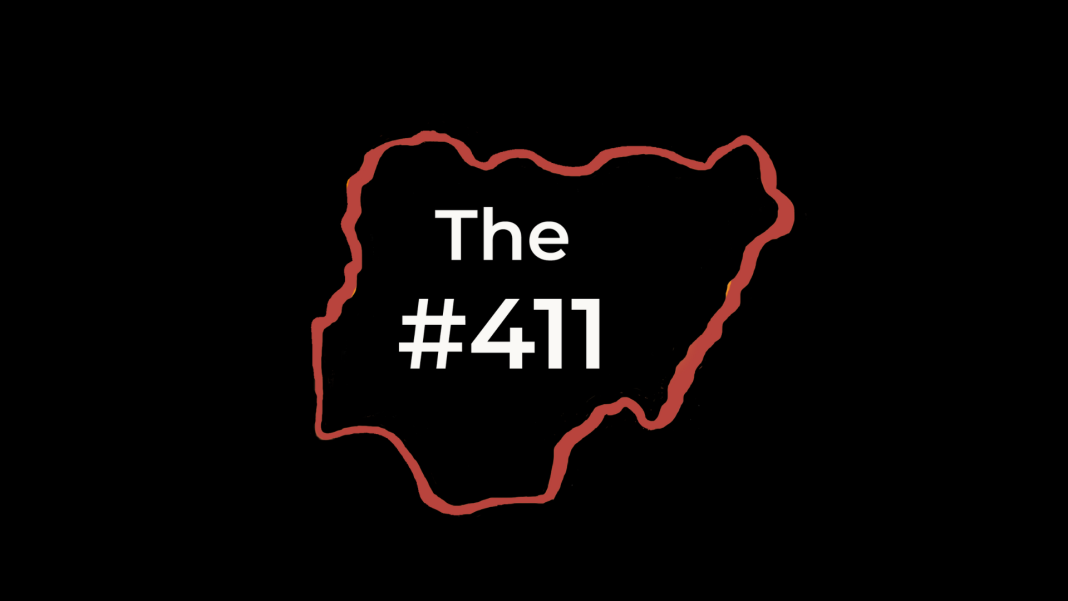The fuel subsidy in Nigeria has historically been a significant financial burden on the government, costing billions of dollars annually. Subsidies kept fuel prices artificially low, which led to widespread smuggling and inefficiencies.
Additionally, the financial resources used for subsidies reduced the funds available for critical infrastructure and social services.
There is no doubt that the removal of fuel subsidies has led to immediate challenges, including higher fuel prices and increased costs for transportation and essential goods.
These changes have understandably caused hardship for Nigerians.
However, it is important to recognize the significant long-term benefits that this policy brings to our country.
The funds saved from removing fuel subsidies are being redirected to crucial areas that will greatly enhance our quality of life. Here are some of the key benefits:
1. Fiscal Savings: Removing the fuel subsidy is expected to save the government substantial amounts of money, which can be redirected towards development projects, such as infrastructure, healthcare, and education.
2. Economic Stability: Removing fuel subsidies helps to stabilise our economy by reducing government spending on unsustainable subsidies. This leads to a more balanced budget and less debt, fostering a healthier economic environment that attracts investment and creates jobs.
3. Improved Infrastructure: With more resources available, we can invest in better roads, bridges, and public transportation systems. This will not only make travel more efficient and safer but also support economic growth by facilitating trade and commerce.
4. Enhanced Healthcare: By reallocating funds, we can improve our healthcare facilities, ensuring better medical services for all. This means more hospitals, better equipment, and access to quality healthcare, which will save lives and improve overall public health.
5. Quality Education: Investing in our education system is investing in our future. The savings from fuel subsidies will help build and improve schools, provide better training for teachers, and ensure that our children receive the education they deserve. This will empower the next generation and create more opportunities for successs.
6. Sustainable Development: By focusing on long-term solutions, we can ensure sustainable development that benefits everyone. This includes investing in renewable energy sources, reducing our dependence on fossil fuels, and protecting our environment for future generations.
7. Social Welfare Programs: The savings from the subsidy removal can be used to fund targeted social welfare programs to support the most vulnerable populations, mitigating the immediate impact of higher fuel prices.
While the transition may be difficult, the positive impacts on our nation’s infrastructure, healthcare, education, and economy will create a brighter, more prosperous future for all Nigerians. Let us endure the short-term challenges with the understanding that the long-term benefits will lead to a stronger, healthier, and more resilient Nigeria.
Thank you for your resilience and understanding.
Henry Balogun
Publisher, HB Report
The #411

